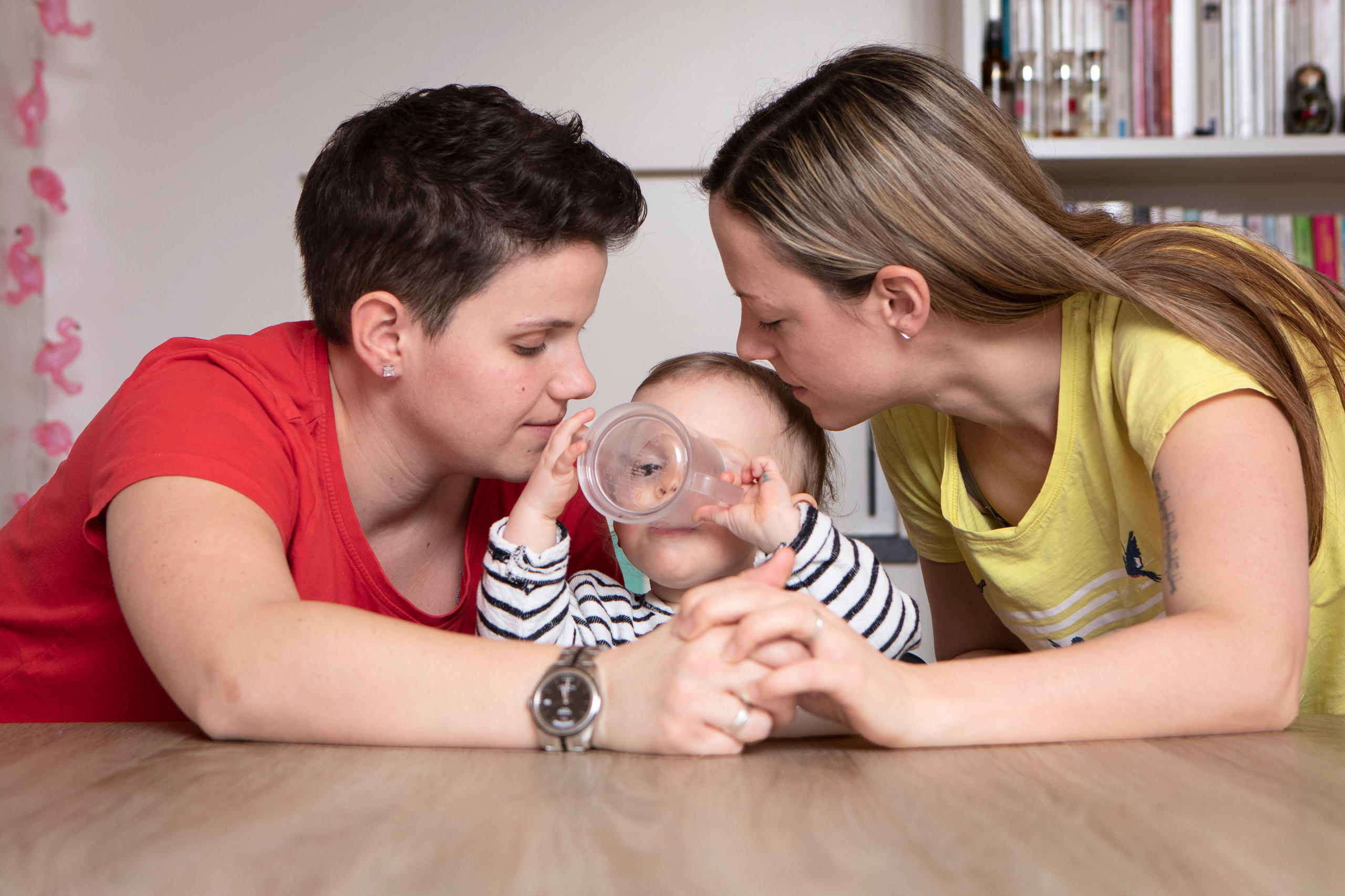
Parliament takes historic step for same-sex marriage

Swiss parliament has ironed out the last differences on a bill initiated seven years ago, paving the way for same-sex couples to marry.
Left-wing parties called the agreement a “historic step” toward equal rights for homosexual and heterosexual couples.
The last sticking point concerned whether lesbian couples should have access to sperm donations, which some right-wing parties opposed. The House eventually agreed with the Senate that this should be allowed if it complies with Swiss law, guaranteeing the child knows their origins.
The Senate had also discussed at length the question of whether the constitution needed to be amended. Right-wing parties had called for a change to the constitution if “marriage for all” was to be allowed but were ultimately overruled.
Representatives of the majority argued that the concept of marriage has changed over time, but it has always been sufficient to make these changes in law rather than the constitution.
Switzerland is one of the few European countries where same-sex couples has not been allowed. Up to now, same-sex couples have only been able to have a “registered partnership” but this does not entail the same rights and duties as marriage especially when it comes to naturalization and joint adoption of children.
Registered partners will now be able to transfer their civil status into a legal marriage. However, the new law makes some distinctions between same-sex and heterosexual couples. For example, surrogacy for male couples is restricted as part of the “marriage for all” law. Survivor’s pension was also excluded from the bill.
The Federal Democratic Union, a Christian, ultra-conservative party, has already announced its plans to launch a referendum against the “marriage for all” project.
“Marriage for all” was launched in 2013 through a parliamentary initiative of the centrist Green Liberals. Several versions of the text have since been debated in parliament. On December 1, the Senate voted in favour of the bill, and the House agreed on the final changes on Wednesday. The bill will now go to a final vote.

More
Fight for marriage equality in Switzerland continues

In compliance with the JTI standards
More: SWI swissinfo.ch certified by the Journalism Trust Initiative




























You can find an overview of ongoing debates with our journalists here . Please join us!
If you want to start a conversation about a topic raised in this article or want to report factual errors, email us at english@swissinfo.ch.